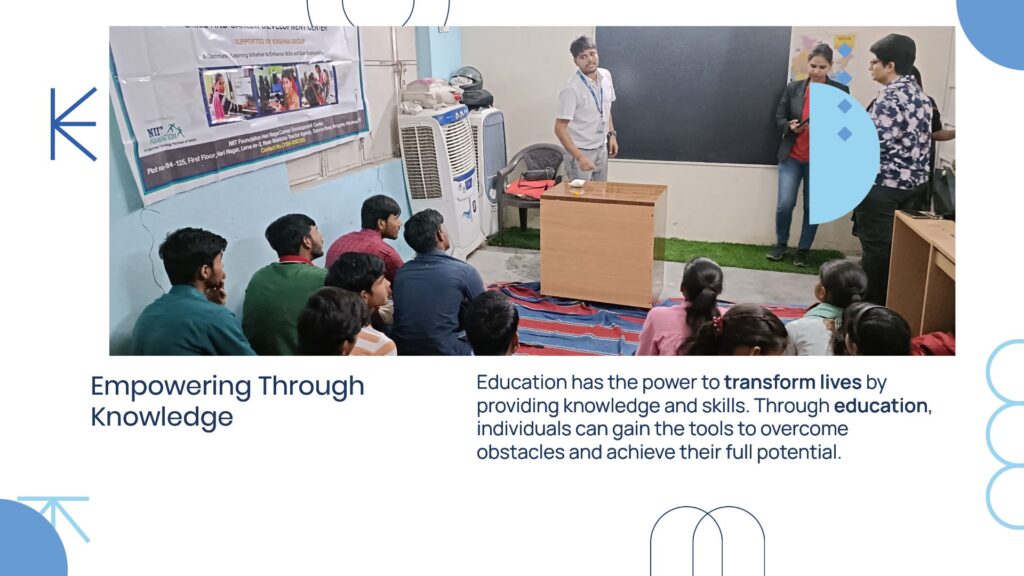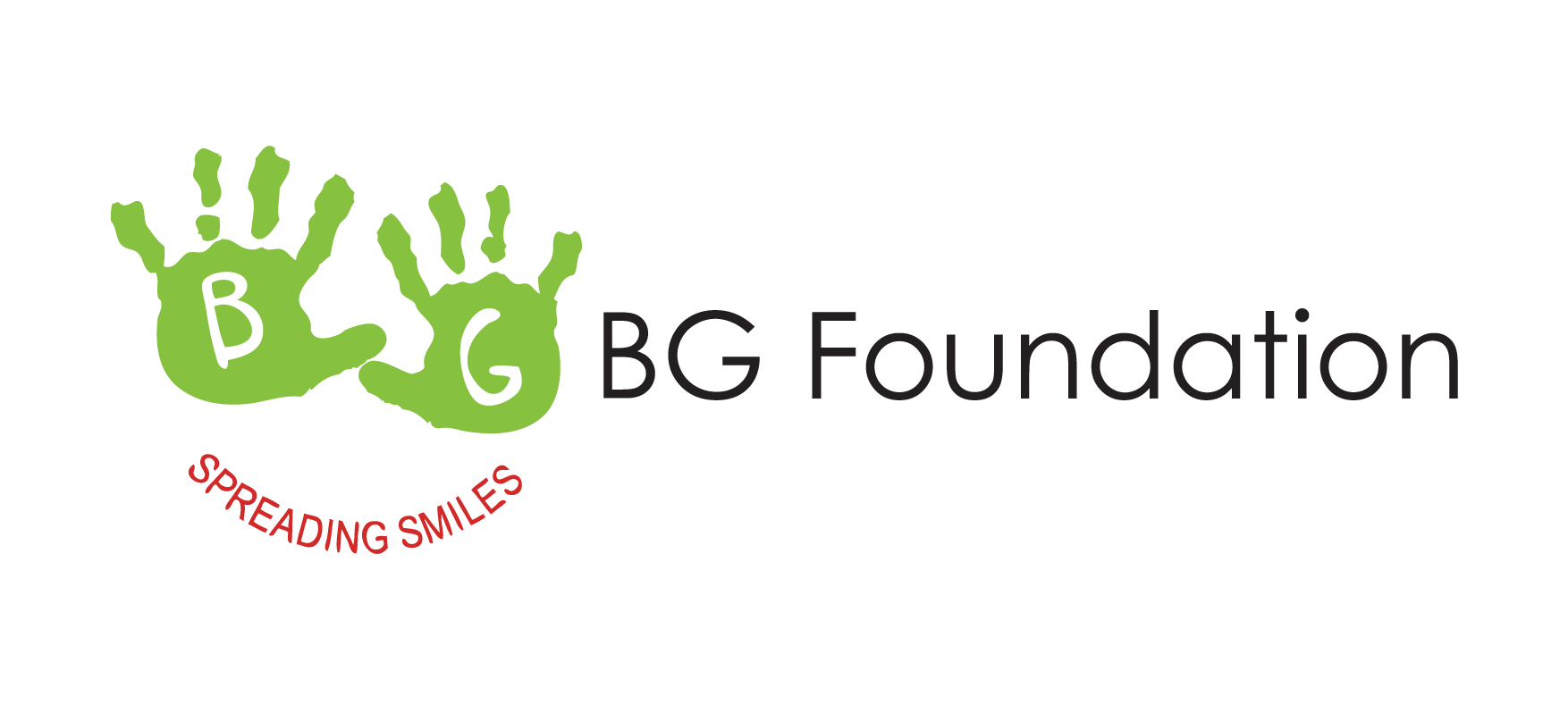
Education is a fundamental human right that should be accessible to all individuals, regardless of their background or circumstances. However, marginalized youth often face significant challenges in accessing education, which can have long-lasting impacts on their lives. Education plays a crucial role in empowering marginalized youth, providing them with the knowledge and skills they need to break the cycle of poverty and discrimination. It is essential to understand the barriers that prevent marginalized youth from accessing education and to explore innovative approaches that can help overcome these challenges.
Understanding Marginalization and its Impact on Education
Marginalization refers to the social process by which certain individuals or groups are pushed to the edges of society, denied access to resources, opportunities, and decision-making power. Marginalization has a profound impact on education, as it creates barriers that prevent marginalized youth from accessing quality education. These barriers can include poverty, discrimination, lack of resources, and limited opportunities for academic and personal development.
Marginalized youth face various forms of marginalization that affect their education. This can include racial or ethnic discrimination, gender inequality, disability discrimination, and socioeconomic disparities. These forms of marginalization intersect and compound each other, creating complex challenges for marginalized youth in accessing education.
Barriers to Education for Marginalized Youth
There are several common barriers that prevent marginalized youth from accessing education. Poverty is one of the most significant barriers, as it limits access to basic necessities such as food, shelter, and healthcare. Many marginalized youth are forced to prioritize survival over education, as they need to work or take care of their families.
Discrimination also plays a significant role in preventing marginalized youth from accessing education. Discrimination based on race, ethnicity, gender, or disability can lead to exclusion from educational institutions or unequal treatment within schools. This discrimination can create a hostile learning environment that hinders academic achievement and personal development.
Lack of resources is another barrier that marginalized youth face in accessing education. Many marginalized communities lack adequate schools, classrooms, textbooks, and teaching materials. Additionally, there may be a shortage of qualified teachers or a lack of training and support for educators working in marginalized communities.
The Role of Government and NGOs in Providing Education for Marginalized Youth

The government and non-governmental organizations (NGOs) play a crucial role in providing education for marginalized youth. Governments have a responsibility to ensure that education is accessible to all individuals, regardless of their background or circumstances. This includes implementing policies and programs that promote inclusive education and address the barriers faced by marginalized youth.
NGOs also play a vital role in providing education for marginalized youth. They often work in partnership with governments to implement innovative programs and initiatives that target marginalized communities. These organizations provide resources, support, and advocacy to ensure that marginalized youth have access to quality education.
Innovative Approaches to Education for Marginalized Youth
Innovative approaches to education have been successful in reaching marginalized youth and addressing the barriers they face. One such approach is the use of technology in education. Technology can help bridge the gap between marginalized communities and educational resources by providing access to online learning platforms, digital libraries, and virtual classrooms. This can be particularly beneficial for marginalized youth who may not have access to traditional educational institutions.
Community-based programs are another innovative approach to education for marginalized youth. These programs are designed to meet the specific needs of marginalized communities and provide holistic support to students. They often include mentorship programs, after-school activities, and vocational training opportunities. By engaging with the community and addressing the unique challenges faced by marginalized youth, these programs can help improve educational outcomes.
The Importance of Mentorship and Role Models in Education

Mentorship and positive role models play a crucial role in education for marginalized youth. Having a mentor or role model who shares a similar background or has overcome similar challenges can provide inspiration, guidance, and support. Mentors can help marginalized youth navigate the education system, set goals, and develop the skills they need to succeed academically and personally.
Positive role models can also have a significant impact on academic achievement and personal development. Seeing someone who has achieved success despite facing similar challenges can instill a sense of hope and motivation in marginalized youth. Role models can help marginalized youth develop a positive self-image, build resilience, and overcome the barriers they face.
Overcoming Stigma and Discrimination in Education
Stigma and discrimination have a detrimental impact on marginalized youth’s education. Stigmatizing attitudes and discriminatory practices can create a hostile learning environment that hinders academic achievement and personal development. It is essential to create safe and inclusive learning environments where marginalized youth feel valued, respected, and supported.
Addressing stigma and discrimination in education requires a multi-faceted approach. This includes implementing policies that promote diversity, equity, and inclusion within educational institutions. It also involves providing training and support for educators to address bias and discrimination in the classroom. Additionally, it is crucial to engage with parents, communities, and other stakeholders to challenge stigmatizing attitudes and promote acceptance and understanding.
Empowering Marginalized Youth Through Education
Education is a powerful tool for empowering marginalized youth. It provides them with the knowledge, skills, and opportunities they need to break the cycle of poverty and discrimination. Education empowers marginalized youth by expanding their horizons, fostering critical thinking skills, and promoting personal growth.
Education also plays a crucial role in social mobility for marginalized youth. It provides them with the qualifications they need to access higher education or secure employment opportunities. By acquiring an education, marginalized youth can improve their socioeconomic status, gain financial independence, and contribute to their communities.
The Impact of Education on Employment and Economic Opportunities
Education has a significant impact on employment and economic opportunities for marginalized youth. Access to quality education increases the likelihood of finding stable employment and earning a higher income. It equips marginalized youth with the skills and qualifications that are in demand in the job market, increasing their employability.
Education also plays a crucial role in breaking the cycle of poverty. By acquiring an education, marginalized youth can secure better-paying jobs, which can improve their living conditions and provide opportunities for upward mobility. Education also equips marginalized youth with the knowledge and skills they need to become entrepreneurs and create their own economic opportunities.
The Importance of Education for Social Justice and Equality
Education is essential for promoting social justice and equality. It provides marginalized youth with the tools they need to challenge systemic inequalities, advocate for their rights, and create positive change in their communities. Education promotes critical thinking, empathy, and a sense of social responsibility, which are essential for building a more just and equitable society.
By providing marginalized youth with access to quality education, we can address the root causes of marginalization and discrimination. Education helps break down barriers, challenge stereotypes, and promote understanding and acceptance. It empowers marginalized youth to become active participants in society, contributing to social justice and equality.
Investing in Education for a Brighter Future for Marginalized Youth

Investing in education for marginalized youth is not only a matter of social justice but also an investment in a brighter future for individuals and communities. Education has the power to transform lives, break the cycle of poverty, and create opportunities for personal growth and development.
To support education for marginalized youth, it is essential to address the barriers they face, such as poverty, discrimination, and lack of resources. Governments, NGOs, communities, and individuals all have a role to play in ensuring that education is accessible to all individuals, regardless of their background or circumstances.
By investing in education for marginalized youth, we can create a more just and equitable society where everyone has the opportunity to reach their full potential. It is crucial for individuals to take action, whether through volunteering, advocating for policy changes, or supporting organizations that provide education to marginalized youth. Together, we can make a difference and ensure that every marginalized youth has access to quality education.


